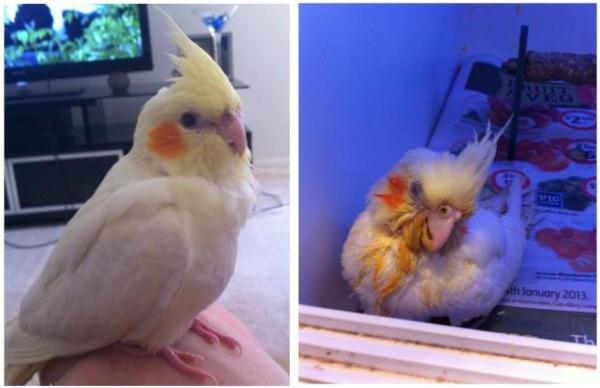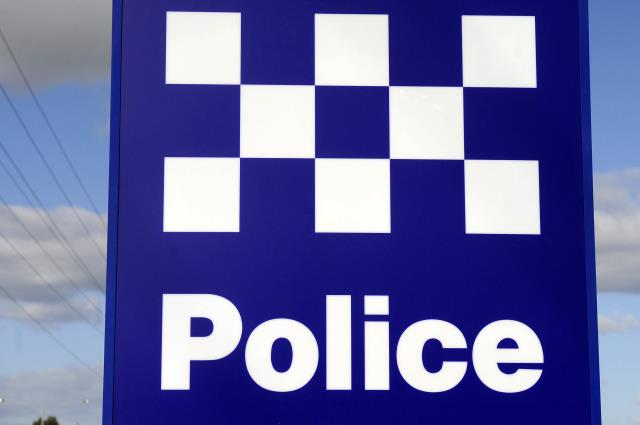AVIAN vets are warning bird buyers to be cautious after a pet died soon after being purchased.
The excitement of a new cockatiel quickly vanished for 22-year-old Victoria Barrett, when three weeks after she purchased her new bird it was diagnosed with megabacteria infection.
The young Berwick woman soon found herself driving 40 minutes each day to visit her bird which had come down with the deteriorating fungus.
The health of the bird rapidly declined and it died soon after leaving her without the pet approximately five weeks after it was purchased.
Ms Barrett claims her pet had no contact with any other of its kind after purchase, leading her to believe the Fountain Gate Pet Barn store sold it to her in this ill condition.
As a result, the distraught owner is now urging Pet Barn and stores alike to conduct testing on their birds before they are allowed to be sold.
However, qualified avian specialist Colin Walker reminded all bird buyers that testing such as this doesn’t come at a cheap price.
“To screen the birds it would cost about $100,” Dr Walker said.
“This would increase the price of birds like cockatiels to $150.”
Pet Barn General Manager for Australia Scott Charters said the store will act on advice from experts in the field as to what is the appropriate action.
“As has always been our policy, we will never knowingly sell a pet that is unwell,” Mr Charters said.
“We will continue to follow the advice of experts and take whatever actions we need to so we ensure only happy and healthy birds are sold.”
He also stated that the bird arrived at the store with three others, and upon contacting their owners, discovered they are all still in good health.
However the death of Ms Barrett’s cockatiel has led her to believe not enough screening is done to test the birds before they are sold.
But vet Dr Walker also reminded customers that pet shops do their best to look after the animals in their care.
“The pet shops look after the birds the best they can,” he said.
“There is a code of practise.”
He also encouraged prospective buyers to do their own examinations.
“I advise people to pick birds which are eating and look bright and well,” he said.
He also instructed people to take them for a check-up after buying the bird, as they would a dog or cat.
Warning after bug kills bird

Digital Editions
-

Gembrook memorial to receive upgrade
Already a distinct landmark that has stood for decades, the Gembrook War Memorial and surrounds will benefit from an upgrade to commemorate veterans further. Located…





